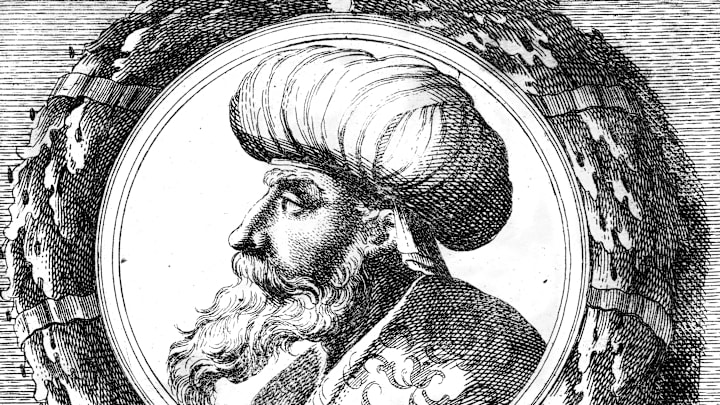The Formation and Expansion of the Ottoman Empire

The origins of the Ottoman Empire can be traced to the small Anatolian principality established by Osman I in the late 13th century. Osman I, a tribal leader, unified various Turkish tribes and began expanding his territory through military campaigns against the Byzantine Empire. The early Ottomans were known for their military prowess and effective use of cavalry, which allowed them to rapidly expand their domain.
The capture of Constantinople in 1453 by Sultan Mehmed II, also known as Mehmed the Conqueror, marked a significant turning point in the history of the Ottoman Empire. The fall of Constantinople not only ended the Byzantine Empire but also established the Ottomans as a major power in the region. Renaming the city Istanbul, the Ottomans transformed it into the capital of their empire, which became a center of commerce, culture, and administration.
The Ottoman Empire continued to expand under the leadership of successive sultans, reaching its zenith during the reign of Suleiman the Magnificent in the 16th century. Suleiman's reign was marked by significant territorial expansion, including the conquest of Hungary, the siege of Vienna, and campaigns in North Africa and the Middle East. The empire's strategic location at the crossroads of Europe, Asia, and Africa allowed it to control key trade routes and facilitated cultural exchange between different regions.
The administrative structure of the Ottoman Empire was instrumental in its success. The Ottomans implemented a system of governance that combined centralized authority with local autonomy. The sultan was the supreme ruler, but local governors, known as beys or pashas, were appointed to administer different provinces. This system allowed for effective control over diverse and vast territories while accommodating local customs and traditions.
The Ottomans also established a sophisticated legal system and bureaucratic apparatus. The legal system was based on a combination of Islamic law (Sharia) and customary laws, known as Kanun, which were codified by Suleiman the Magnificent. The bureaucracy was staffed by a meritocratic class of administrators known as the devshirme, who were recruited through the practice of taking Christian boys from the Balkans, converting them to Islam, and training them for service in the administration or military.
The cultural achievements of the Ottoman Empire were significant and diverse. The empire was a melting pot of different cultures, religions, and ethnicities, which contributed to a rich and vibrant cultural life. Ottoman architecture, exemplified by the magnificent mosques and palaces of Istanbul, reflected the synthesis of Byzantine, Persian, and Islamic influences. The empire also made notable contributions to art, literature, music, and science, fostering a flourishing intellectual and cultural environment.
Despite its strengths, the Ottoman Empire faced numerous challenges over the centuries. Internal strife, corruption, and administrative inefficiencies began to erode its power. The empire also faced external threats from emerging European powers, such as the Habsburgs and the Russians, who sought to expand their influence at the expense of the Ottomans. The empire's decline accelerated in the 19th century, culminating in its eventual dissolution after World War I.
In conclusion, the formation and expansion of the Ottoman Empire were marked by military conquests, strategic governance, and cultural achievements. The empire's ability to control vast territories and integrate diverse cultures contributed to its long-lasting influence. The legacy of the Ottoman Empire continues to be felt in the modern political and cultural landscapes of the regions it once ruled, highlighting its enduring impact on world history.